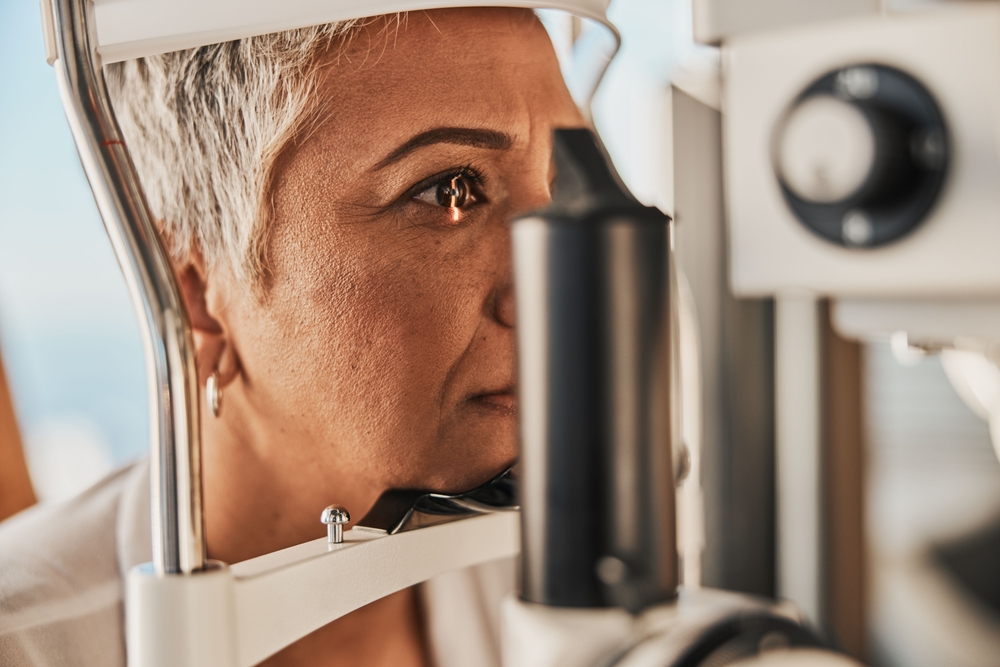
The American Glaucoma Society encourages patients to get regular eye checks to detect and manage glaucoma. This collection of eye issues targets the optic nerve. It can happen without obvious symptoms. A routine eye checkup can pick up the presence of glaucoma before significant symptoms appear. Here are the details you must consider to appreciate the importance of routine eye exams in glaucoma management.
Catch Glaucoma
This eye condition is slow-developing. It presents no significant symptoms or signs. But your eye doctor can perform a dilated eye exam during your routine eye test. This test can help detect the tiny changes that may lead to glaucoma.
Your eye doctor will place pupil-dilating drops in your eyes. These drops will allow more light to enter your eyes, allowing the eye doctor to see the optic nerve and retina. The doctor can then determine if there is developing glaucoma in your eye. Managing glaucoma can then begin even before the symptoms appear. It can also allow your eye doctor to keep an eye on your condition. You must have more frequent eye tests if you have a relative with this eye condition.
Provide Tests for Glaucoma
These tests are important in diagnosing and keeping an eye on glaucoma. In administering your regular eye exam, the eye doctor may suspect a developing glaucoma. Performing diagnostic tests for this eye condition can confirm this suspicion. Here are the tests you should expect:
Gonioscopy examines the front area of your eye, which is the fluid-filled area between your cornea and iris. Gonioscopy will help see if this area is blocked or open. It can tell your eye doctor the type of glaucoma in your eye.
Tonometry is an eye pressure test. It uses a tonometer to determine how much pressure is in your eye. Your eye doctor will apply a tiny amount of dye and anesthetic in the front part of your eye. Then, shining a light on your eye while using the tonometer to touch the front part of your eye will follow.
An optic nerve assessment allows your eye doctor to see if your optic nerve is healthy. Your optic nerve lets your eye communicate with your brain. Glaucoma targets your optic nerve. To examine it, your eye doctor will use eye drops to widen your pupils.
A perimetry or visual field test checks for missing sections of your vision. During the test, you will press a button to tell your eye doctor which of the given light spots you can see. If you cannot see the light spots in your peripheral vision, this may show vision damage due to glaucoma.
May Result in a Referral
Your eye doctor will refer you to a specialist for more tests if your routine eye test picks up glaucoma. The specialist will determine the degree of glaucoma and the damage it has done. The specialist may also pinpoint the cause of your glaucoma. Creating your treatment plan will follow.
Routine eye exams can start your glaucoma management early. This can help slow this eye condition’s symptoms. At Gulf Coast Vision, we aim to help our patients achieve good eye health through our quality eye care products and services.
Feel free to drop by our clinic in Gulfport, Mississippi, for an in-person consultation. Call 228-262-0266 to set an appointment or inquire about our glaucoma diagnostic and management packages.








